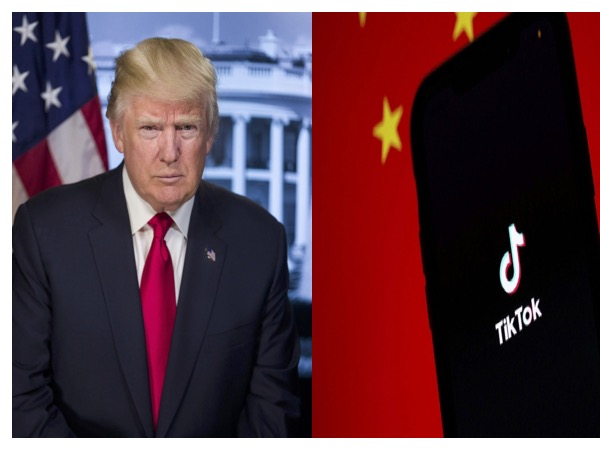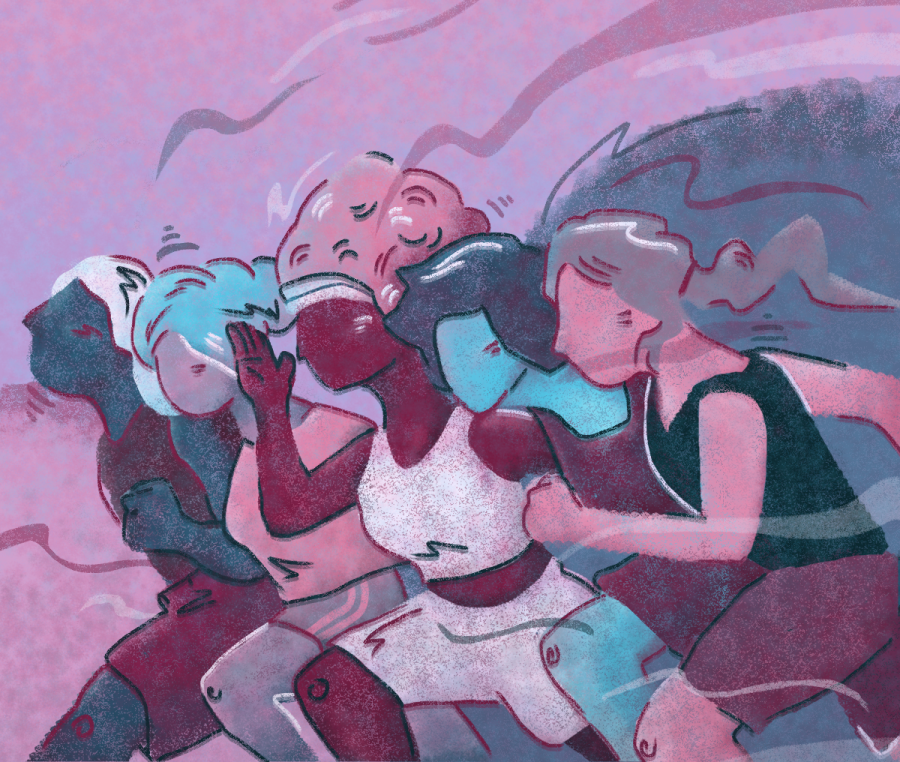Trans Athletes at DVC Await New Policy Rules from College Athletic Association
The California Community College Athletic Association has responded to complaints about transgender athlete policies by announcing it will toss out its current rules that requires all trans athletes to undergo an extra layer of screening in order to participate in school sports.
The CCCAA has promised to rewrite the policy this summer using more supportive language that simplifies the process and asks students only the most essential questions about their gender.
But the changes may not be enough to please everyone at the local level.
“Of course, change the language, it’s unbelievable,” said Dorian Eidhin, who chairs the English Department at Diablo Valley College and is involved with the school’s Pride Alliance. “But it doesn’t solve the actual, fundamental problem that trans athletes are held to a different layer of screening than everybody else and have their integrity questioned.”
James Wilson, DVC English professor and co-founder of the Community of Pride, also said they remain “guarded” about what to expect from the new policy.
“I’m glad they are rewriting it,” Wilson said. “It had some very serious problems.”
According to DVC President Susan Lamb, the CEOs of the CCCAA said they hoped to approve the new policy in June, though any changes wouldn’t go into effect until November.
Wilson said athletes will still be asked to provide documents regarding their mental health and surgery records. But the main concern, they reiterated, is the way hormones and hormone treatment are addressed in the college association bylaws—and more specifically, whether an athlete who is on hormones will be required to participate in a special screening process.
Eidhin said the steps to certify trans athletes are already extensive and in many cases stressful. “There are students who are under the current policy right now who will have to face getting re-certified in the fall,” he said.
Eidhin, Wilson and two other faculty members have rewritten DVC’s trans athlete policy using more supportive and inclusive language, which the school sought to use while the CCCAA drafts its new policy. However, President Lamb last month called for a pause in that process while schools throughout the state await the CCCAA’s decision.
On March 7, at an Academic Senate meeting, Lamb expressed concerns about a potential breach in confidentiality based on a previous report in this publication that reflected critical views of the school’s trans athlete policy.
Lamb proposed reducing the size of the Eligibility Certification Committee, which is in charge of reviewing and making a recommendation about whether a student athlete should be allowed to play for the team of their choosing. According to the school’s plan, the athletics director also reviews the documents and makes a recommendation to the college president.
The Academic Senate supported the president’s request to reduce the committee’s size.
Eidhin and other faculty members expressed worry about what they perceived as mistrust of counselors on the committee. “To not assume positive intent and to have a general mistrust of us, those are my main concerns,” Eidhin said.
Currently, the school’s Title IX officer, athletic director, sports medicine program manager, one counselor, a Pride Alliance faculty member, and the program coordinator for public health and athletics are required to be on the committee.
Responding to concerns about who would be on the committee and how many members it would include, Lamb later suggested adding a member from the Community of Pride and another counselor to provide support, something that had been done in the past.
That compromise appeared to gain traction from some members.
“This process, if we have to have it, needs to be transparent and needs to include some diverse voices including advocates for the students and people with strong awareness of LGBTQ issues,” said Wilson.
Another proposal is to add a QR code to the paperwork, giving student athletes an option to have an advocate if they choose. There is also an option to be a student advocate for the committee, which can help protect the confidentiality of the trans athlete student who is involved in the process.
Lamb said she tried to provide external resources to the CCCAA and encouraged them to use more sensitive language. “Athletics is not very sensitive to gender issues and needs to change,” Lamb said.
Eidhin and others said changing the policy language is a step in the right direction, but the wording of the bylaws remains more harmful. The updated policy will not require all trans athletes to undergo the in-depth screening process, but athletes on hormones will still be required to do so.
(Illustration by Ericka Carranza)









































































